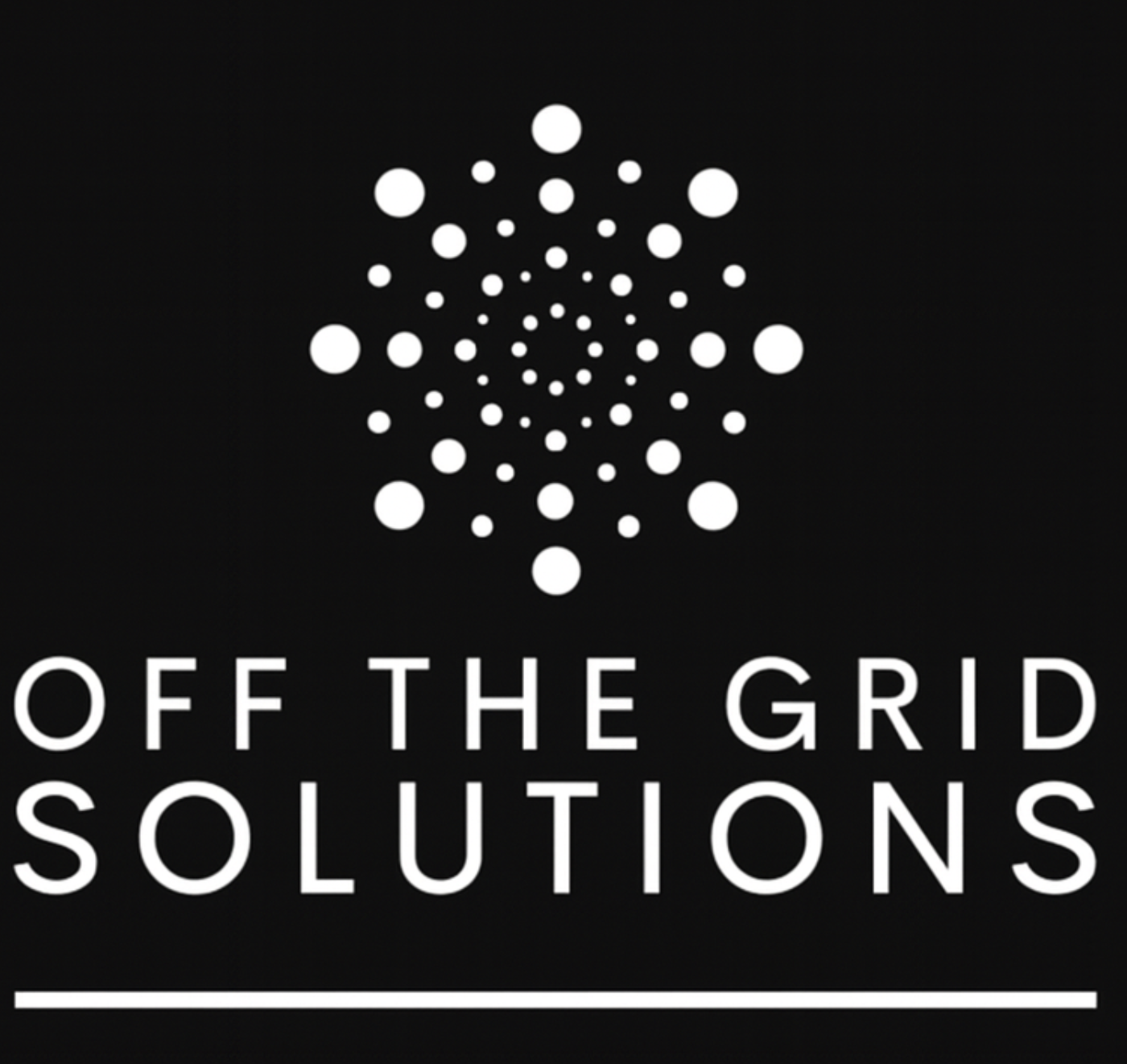FAQs
What does the installation process look like?
After your free consultation, we’ll design your system, secure permits, and schedule your installation. Most systems are installed in a single day. From start to finish, the full process usually takes 30–45 days.
Will solar damage my roof?
No. Our professional installers use best-in-class mounting systems designed to protect your roof. In fact, the panels can actually shield your roof from sun and weather damage over time.
What if I need to replace my roof later?
If your roof needs work in the future, the panels can be removed and reinstalled. If your roof is nearing the end of its life now, we’ll talk through options during your consultation.
How much maintenance does a solar system need?
Very little. Solar panels have no moving parts and are built to last. Occasional rinsing to remove dust or pollen is helpful, but most systems run worry-free for years.
What if something breaks?
Your system includes a 25-year manufacturer warranty and performance guarantee. If anything goes wrong, I’ll make sure it’s handled quickly through our support team.
Can I still go solar if I plan to move?
Yes—and in many cases, going solar increases your home’s value and makes it more attractive to buyers. I’ll help make sure your financing terms are transferable and show how the system adds value when selling.
Can I add battery storage later?
Absolutely. You can start with solar alone and add battery backup down the line if you want energy independence or protection from outages.
What if my roof isn’t ideal?
We’ll evaluate your roof during the consultation. If there’s too much shade or structural challenges, we may consider partial offset, alternative roof planes, or ground-mounted systems.
Will solar work on cloudy days or in winter?
Absolutely. Your panels still generate electricity even when it’s cloudy—just at a slightly reduced rate. Your system is designed to meet your annual energy needs, so higher summer production balances out lower winter days.
What happens if my power goes out?
Unless you have battery backup installed, your solar system will shut down during a grid outage to protect utility workers. If you’re interested in backup options, I can walk you through those.
Still Have Questions?
I’d be happy to walk you through anything you’re still unsure about.
Let’s connect and talk through what makes the most sense for your home.

